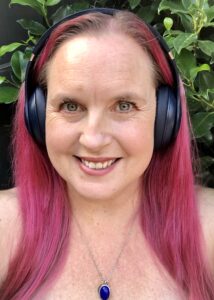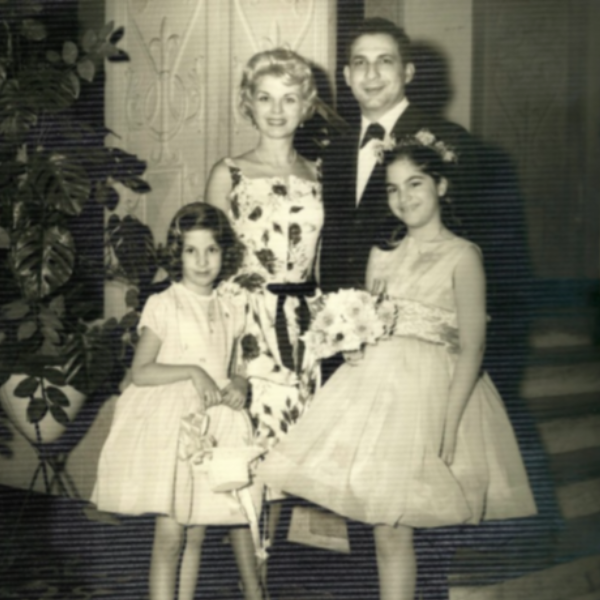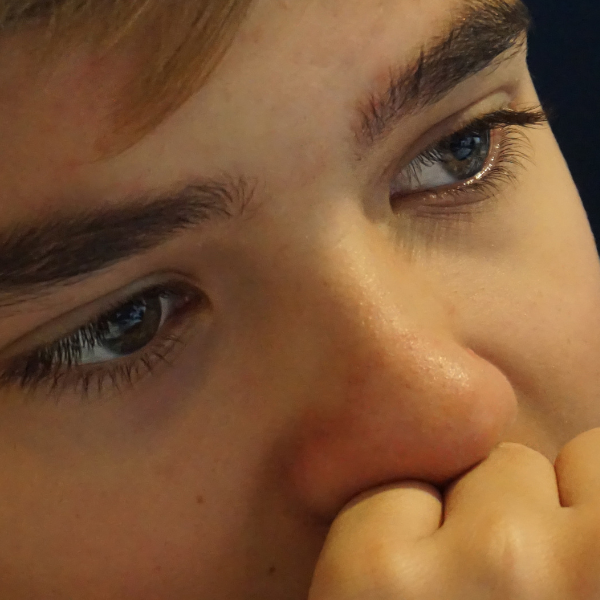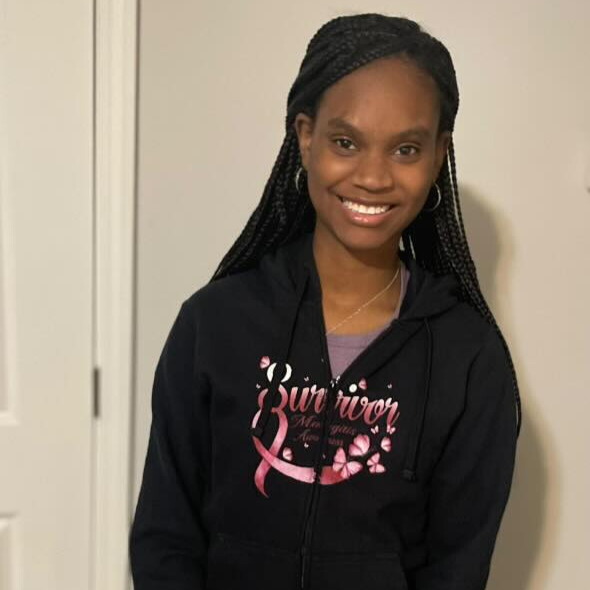I don’t want to label you an “anti-vaxxer.” That term has so many negative associations, and there is a lot more to you than that one decision. You may have many reasons not to vaccinate, but I heard that fear of your child becoming autistic is one of them.
I get that you are scared and that you don’t want any harm to come to your child. I would move heaven and earth to keep my child safe from harm, too. We are similar in that way.
I feel lots of things in reaction to your decision. But mostly I feel a deep sense of rejection: Rejection of my children and rejection of me. You see, both of my children are autistic. So am I. I didn’t know I was autistic until recently, but I knew from the moment my children were born that I loved them fiercely. Unconditionally. And I knew that I would do anything it took to be the best parent I could be. For me that meant loving and accepting my children wholeheartedly and focusing on their emotional well-being above all else.
I didn’t know my children were autistic until they were older, but I did know that the typical parenting “rules” and “strategies” just didn’t work with my kids. Once I let go of the expectations that my children needed to respond, behave, learn, and develop in the “typical” way, everything became easier. I started parenting them in the way that suited them—and they thrived. I was their biggest advocate and closest ally. And they needed me to be, because the world is not set up for uniqueness. But it should be.
The day my son was identified as autistic was a day of celebration, but also a day of fear. I too had heard the horror stories. I dived deep into everything I could find to help me understand my child better. That meant learning not only from medical experts but also directly from the source—autistic adults. Meeting and speaking with adults who had once been children like mine confirmed what I felt in my bones as a mother: the experts didn’t understand my child. They saw the behavior, not the reasons behind it. They interpreted things through a neurotypical lens, not an autistic one. And as I started looking at my children through the autistic lens, it was soon apparent that the reason I found it so easy to understand and connect with my children and to “bend the parenting rules” was that I, too, was autistic.
My children and I may struggle with some things. Life may not be easy. But it’s a whole lot easier when you can be your authentic self without apology and be understood.
You might not think so, but by choosing not to vaccinate because of the scientifically invalid idea that vaccines somehow cause autism sends a message loud and clear to the autistic community: you would rather have no child than an autistic one. In other words, you would rather people like my children and I never existed. You reject our presence in the community.
How would you feel, if the tables were turned?
Yours sincerely,
Amanda Buckland
Autistic Adult
 Addendum: I’ve been autistic all my life, but only realized this at age forty-five when a specialist in the different way autism can present in girls or those socialized as girls suggested my daughter (also very high-masking like me) could possibly be autistic. In solidarity with her (who at fourteen wanted only to be “normal” and saw nothing of herself in her autistic younger brother), I also underwent assessment at the same time. Sure enough, we were both confirmed as autistic. Although our autism might be invisible to others, we were both working overtime make it look that way, to the detriment of our ever-increasing stress levels.
Addendum: I’ve been autistic all my life, but only realized this at age forty-five when a specialist in the different way autism can present in girls or those socialized as girls suggested my daughter (also very high-masking like me) could possibly be autistic. In solidarity with her (who at fourteen wanted only to be “normal” and saw nothing of herself in her autistic younger brother), I also underwent assessment at the same time. Sure enough, we were both confirmed as autistic. Although our autism might be invisible to others, we were both working overtime make it look that way, to the detriment of our ever-increasing stress levels.
I have been open within the extended family and close friends about my diagnosis from the start, in order to model what I preached to my son from an early age: Being autistic is nothing to hide and nothing to be ashamed of. Be proud if your individuality.
Amanda Buckland works to change the narrative and challenge stereotypes about autism by creating visuals via her personal blog and Facebook Page, Autistic Pride Mumma. She lives with her children and cats inMelbourne, Australia. Amanda works as a school Psychologist part time, counseling and supporting young people with their mental health, and in her spare time, pursues hobbies like writing, photography, drawing and playing the piano.



